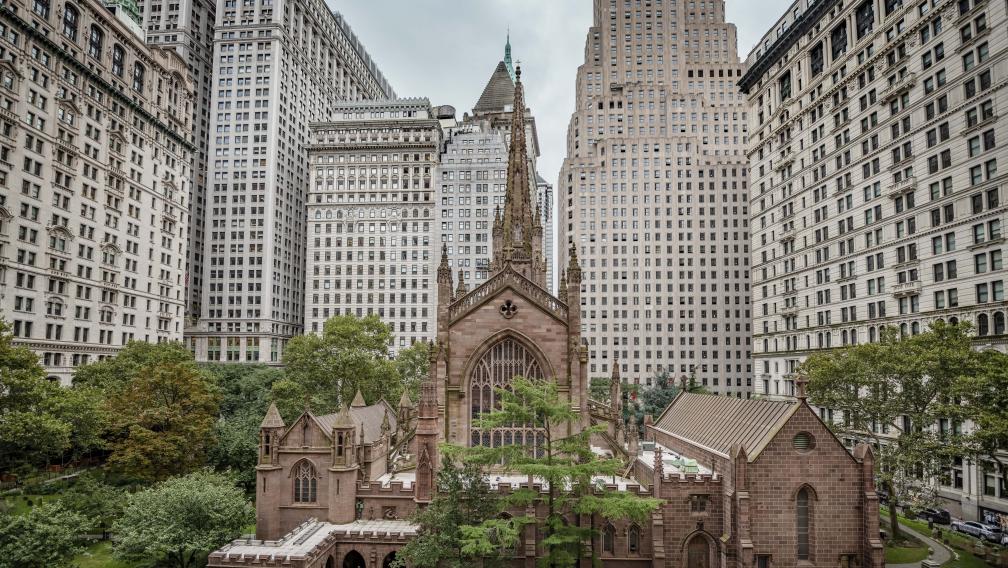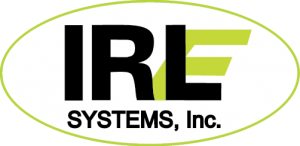
Ultimate Guide to Fire Alarm Systems and Monitoring for Places of Worship in NYC
- Comparing Fire Alarm Companies in NYC? Read This First - December 11, 2024
- Key Factors to Consider When Choosing an FDNY Approved Fire Alarm Company - November 20, 2024
- Complying with NYC Building Code: You Need An Edwards Fire Alarm Dealer - November 10, 2024
Houses of worship, whether churches, temples, mosques, or synagogues, serve as vital sanctuaries for spiritual gatherings in New York City. In this article, we delve into the stringent fire protection requirements outlined by the National Fire Protection Association (NFPA), specifically tailored to NYC’s diverse assembly spaces.
Defining Assembly Occupancies:
According to NFPA 101®: Life Safety Code®, an assembly occupancy is a space designed for the gathering of 50 or more individuals, including worship, entertainment, or deliberation. Understanding this definition sets the groundwork for implementing fire safety protocols across NYC’s 5 boroughs for any diverse places of worship.
Calculating Occupant Load:
Determining the occupant load is crucial for establishing appropriate fire safety measures. NFPA 101 provides guidelines for calculating occupant load based on square footage, seating configurations, and room layouts, essential factors for NYC’s vibrant communities.
Life Safety Evaluations:
For assembly occupancies with occupant loads exceeding 6,000 persons, conducting a life safety evaluation becomes required. These assessments ensure that sacred spaces remain equipped to handle emergencies effectively.
Means of Egress, Testing, And Maintenance:
Provision of adequate means of egress is fundamental. NFPA guidelines specify the number and placement of exits based on total occupant load, crucial for NYC worship communities.
Specific inspection, testing, and maintenance (ITM) of fire alarms and fire sprinklers must be conducted quarterly, semi-annually, and annually. This ITM and any work performed on the system must be done by certified or qualified personnel.
NFPA 72: National Fire Alarm and Signaling Code outlines the maintenance and inspection requirements for fire alarm systems.
Fire sprinkler requirements are detailed in NFPA 25: Standard for the Inspection, Testing, and Maintenance of Water-Based Fire Protection Systems.
Summary:
Protecting NYC’s places of worship from fire hazards requires meticulous planning, adherence to regulations, and ongoing vigilance. By understanding and implementing fire safety guidelines outlined by organizations such as the NFPA, communities can ensure their sacred spaces remain sanctuaries of worship and refuge for all who gather within their walls. Through collective effort and commitment to safety, IRL Systems safeguard these cherished landmarks for generations to come. Interested in protecting your church or place of worship? Contact us today for a free on-site evaluation or quote.
